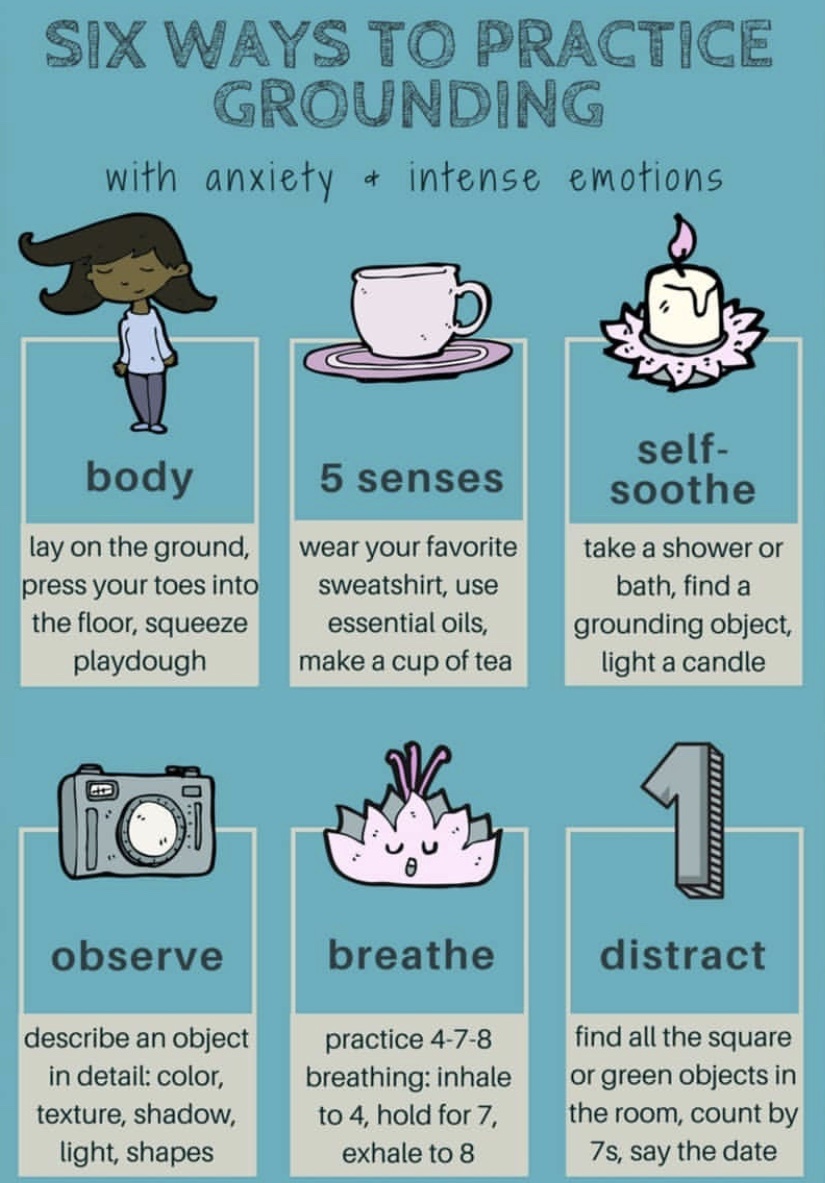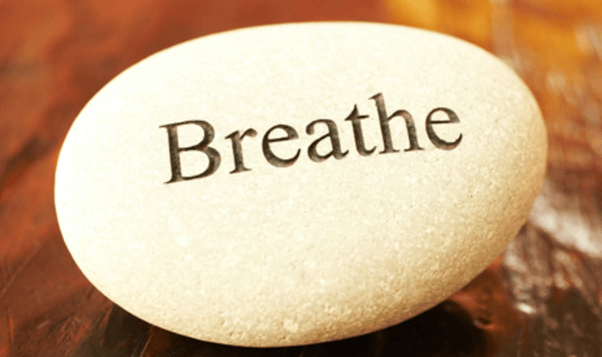Relaxation Techniques for Mental Health

A substantial amount of research has been done on relaxation techniques. However, for many health conditions, the number or size of the studies has been small, and some studies have been of poor quality.
What do we know about the effectiveness of relaxation techniques?
Relaxation techniques may be helpful in managing a variety of health conditions, including anxiety associated with illnesses or medical procedures, insomnia, labor pain, chemotherapy-induced nausea, and temporomandibular joint dysfunction. Psychological therapies, which may include these techniques, can help manage chronic headaches and other types of chronic pain in children and adolescents. Relaxation techniques have also been studied for other conditions, but either they haven’t been shown to be useful, research results have been inconsistent, or the evidence is limited.
What do we know about the safety of relaxation techniques?
These techniques are generally considered safe for healthy people, although there have been a few reports of negative experiences such as increased anxiety. People with serious physical or mental health problems should discuss these techniques with their health care providers.
What Are Relaxation Techniques?
Relaxation techniques include a number of practices such as progressive relaxation, guided imagery, biofeedback, self-hypnosis, and deep breathing exercises. The goal is similar in all: to produce the body’s natural relaxation response, characterized by slower breathing, lower blood pressure, and a feeling of increased well-being.
Meditation and practices that include meditation with movement, such as yoga and tai chi, can also promote relaxation. You can find information about these practices elsewhere on the NCCIH Web site.
Stress management programs commonly include relaxation techniques. Relaxation techniques have also been studied to see whether they might be of value in managing various health problems.
The Importance of Practice
Relaxation techniques include the following:
Autogenic Training
Biofeedback-Assisted Relaxation
Deep Breathing or Breathing Exercises
Guided Imagery
Progressive Relaxation
Self-Hypnosis
What the Science Says About the Effectiveness of Relaxation Techniques
Researchers have evaluated certain techniques to see whether they could play a role in managing a variety of health conditions, including the following:
Anxiety
Asthma
Depression
Epilepsy
Fibromyalgia
Headache
Heart Disease
High Blood Pressure
Insomnia
Irritable Bowel Syndrome
Menopause Symptoms
Menstrual Cramps
Nausea
Nightmares
Pain
Pain in Children and Adolescents
Posttraumatic Stress Disorder
Rheumatoid Arthritis
Ringing in the Ears (Tinnitus)
Smoking Cessation
Temporomandibular Joint Dysfunction
What the Science Says About the Safety and Side Effects of Relaxation Techniques
- Techniques to relax are generally considered safe for healthy people. However, occasionally, people report negative experiences such as increased anxiety, intrusive thoughts, or fear of losing control.
- There have been rare reports that certain techniques might cause or worsen symptoms in people with epilepsy or certain psychiatric conditions, or with a history of abuse or trauma. People with heart disease should talk to their health care provider before doing progressive muscle relaxation.
More to Consider
- If you have severe or long-lasting symptoms of any kind, see your health care provider. You might have a condition that needs to be treated promptly. For example, if depression or anxiety persists, it’s important to seek help from a qualified health care professional.
- Tell all your health care providers about any complementary or integrative health approaches you use. Give them a full picture of what you do to manage your healthhttps://aspirace.com/course/https://aspirace.com/course/. This will help ensure coordinated and safe care.
For more information about anxiety and helpful techniques, please visit ASPIRA CONTINUING EDUCATION ONLINE COURSES FOR LMFT AND AMFT
Want more information on these techniques to relax? Visit here.

